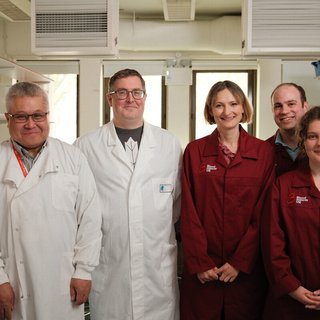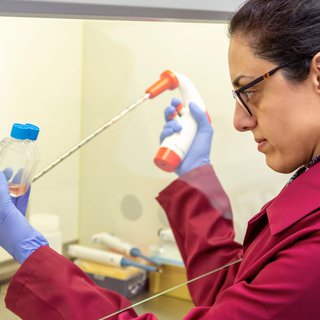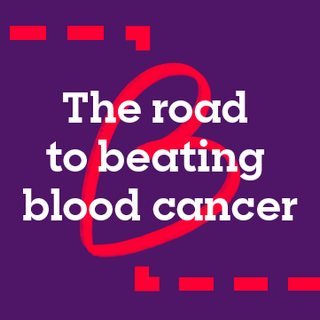65 years of impact: our milestones from 1960 to today
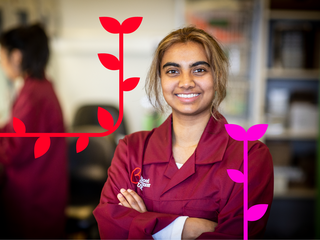
Because we're closer than ever
Our latest impact report is filled with statistics and stories of how our research, support services and campaigning has transformed the lives of people affected by blood cancer over the past 65 years.
Our milestones through the years
From one family in 1960 to a community of thousands today, here are just some of the ways your research investment and our support services have made an impact on the lives of people with blood cancer.
1961
We begin to fund research in childhood leukaemia
The Eastwood family opened the first childhood leukaemia research unit at Great Ormond Street Hospital.
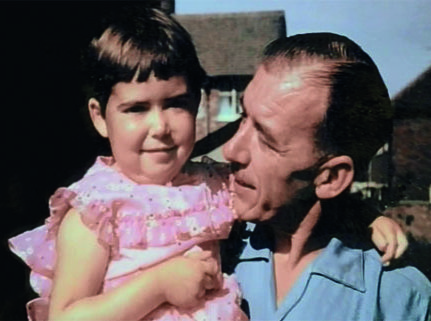
1968
We funded the first professorship in leukaemia research in Britain, powering forward key research
This cemented the importance of leukaemia research as an academic discipline in its own right.
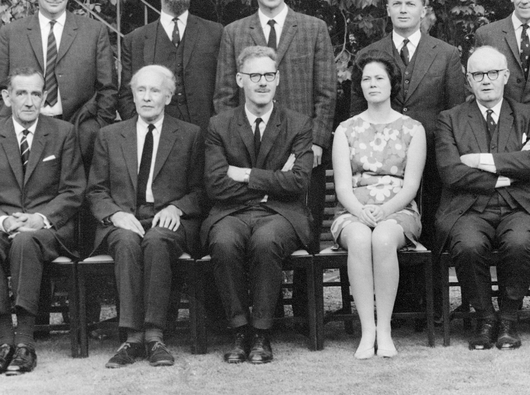
1975
Scientists in Southampton developed an antibody that can stick to cancerous cells
This discovery laid the foundations for many treatments commonly used today.
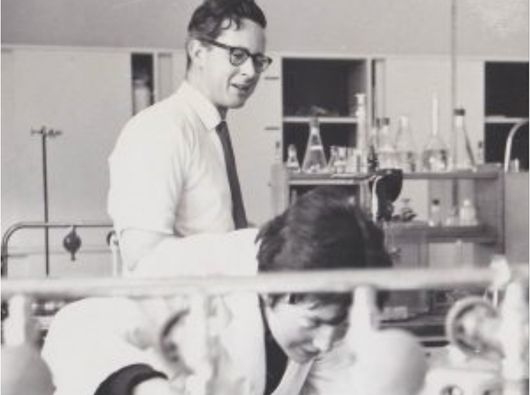
1990
We developed a Minimal Residual Disease test for children to detect cancer cells left behind after initial treatment
This huge breakthrough transformed treatment outcomes for multiple blood cancers and is now used worldwide.
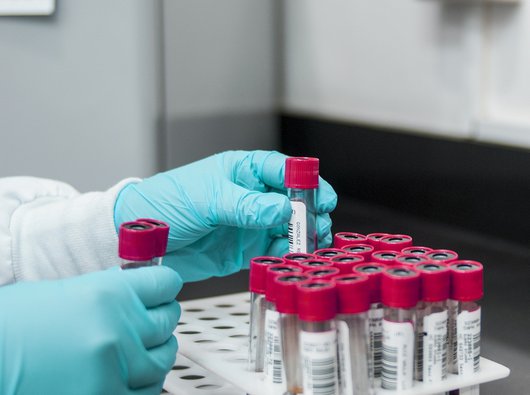
1993
We discovered a potential cause of childhood acute lymphoblastic leukaemia (ALL)
Researchers discovered a genetic change that happens in the womb which can cause childhood acute lymphoblastic leukaemia (ALL)
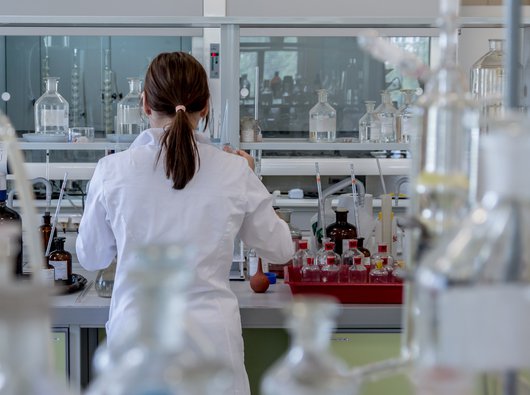
1999
We found the ‘Achilles heel’ of CML – a cancer stem cell which creates a stream of cancerous cells
This discovery opens doors for researchers to create treatments that target this cell and destroy chronic myeloid leukaemia (CML) at its root.
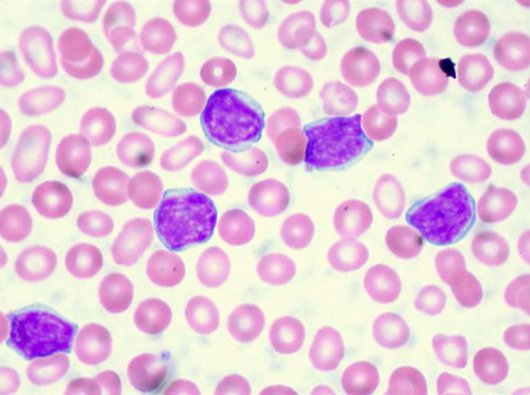
2004
We set up the national childhood leukaemia CellBank
This gave researchers access to clinical samples from children with leukaemia which has made it much easier for many researchers to carry out their work.
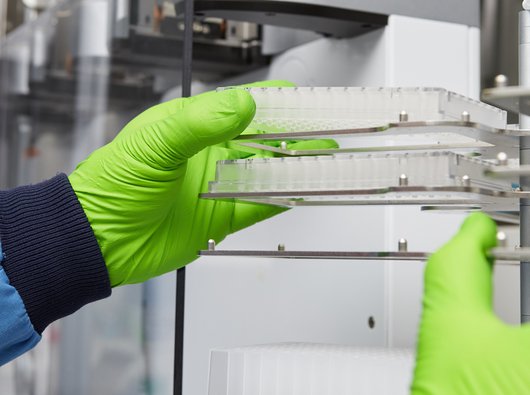
2005
We discovered a common mutation in a gene called JAK2 in people with myeloproliferative neoplasms (MPNs)
This changed the game for diagnosing and developing treatments for MPNs.
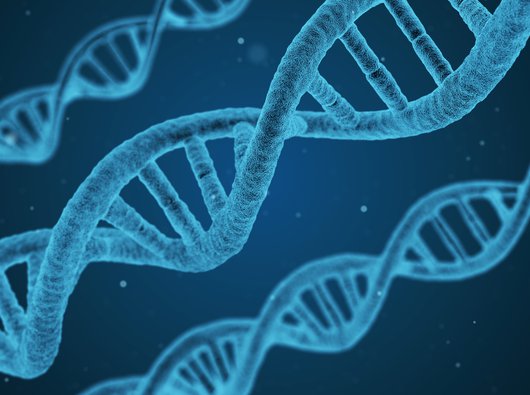
2011
We set up the Trials Acceleration Programme to ensure we deliver better treatments for blood cancer, faster
Over 1000 people have benefited from 20 trials which help change clinical practice and advance treatment.
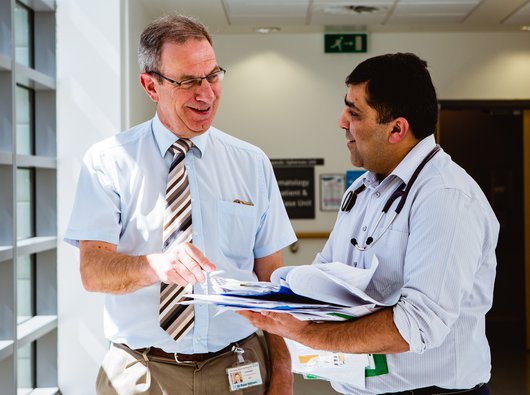
2012
We developed a test for people with myeloma which helps doctors understand how their disease might develop
These are now used across Europe.
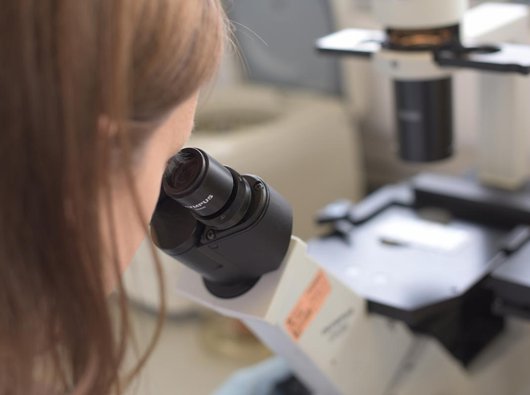
2015
Our clinical trial called RAPID showed the benefits of giving people with Hodgkin lymphoma body scans before and after treatment
This trial changed clinical practice worldwide and means fewer people now need radiotherapy.
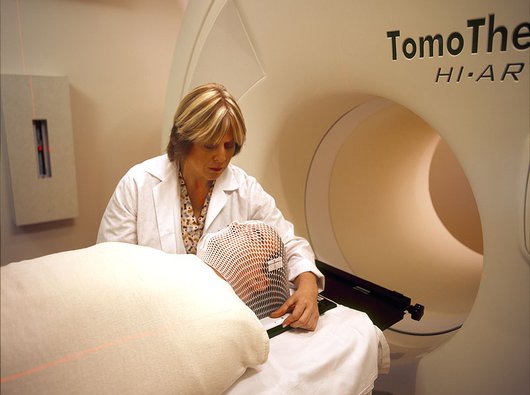
2018
The DESTINY trial showed that it may be possible to pause treatment for some people with CML
This could give them a break from the side effects.
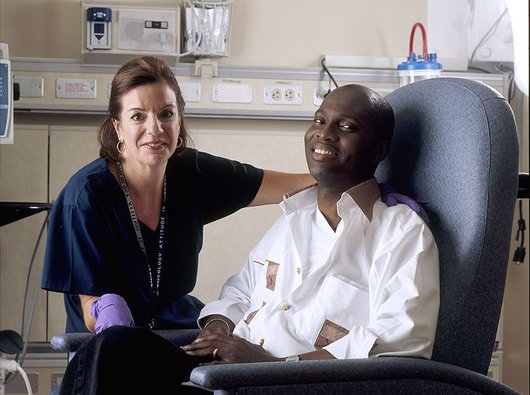
2019
The CLARITY trial showed that ibrutinib and venetoclax were a highly effective treatment combination for people with CLL
The combination of drugs was able to destroy cancer cells with fewer side effects that traditional treatment.
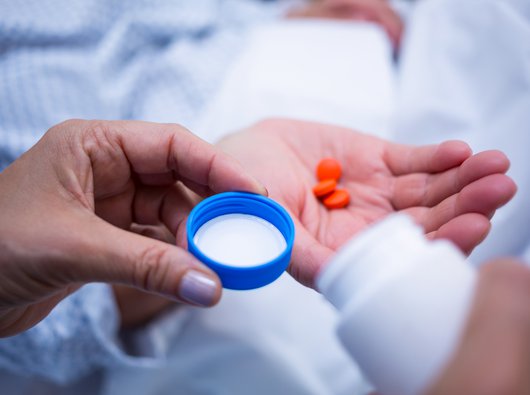
2020
We launched our Clinical Trials Support Service - the first of its kind in the UK.
The service provides guidance from specialist nurses and has already helped over 500 people find vital information on accessing available clinical trials.
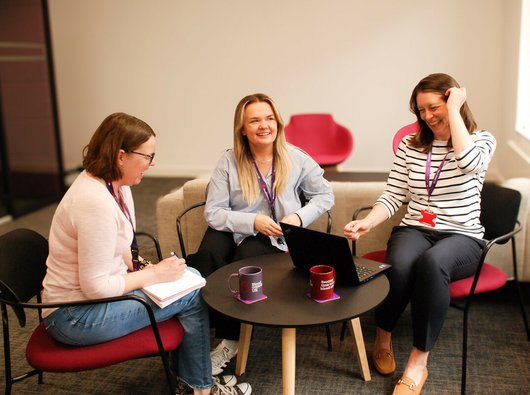
2023
MAJIC trial leads to new treatment for polycythaemia vera (PV)
Ruxolitinib was approved by NICE for the treatment of polycythaemia vera (PV) thanks to the positive results of the MAJIC trial.
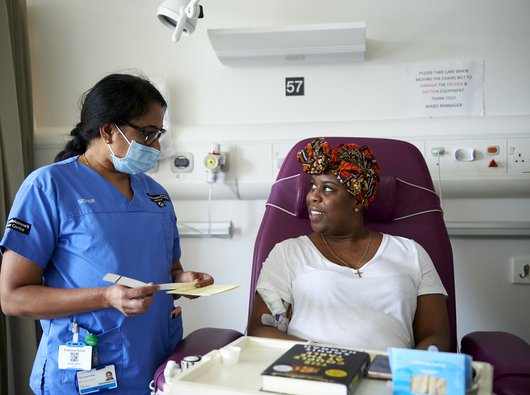
2025 and beyond
We launch two new grant awards for clinical research
We'll be investing a total of £4.9 million through our Transformational Research Awards - our largest investment in a single scheme for over a decade. We'll also be investing in clinical trials to fund radical improvements in outcomes for hardest to blood cancers.
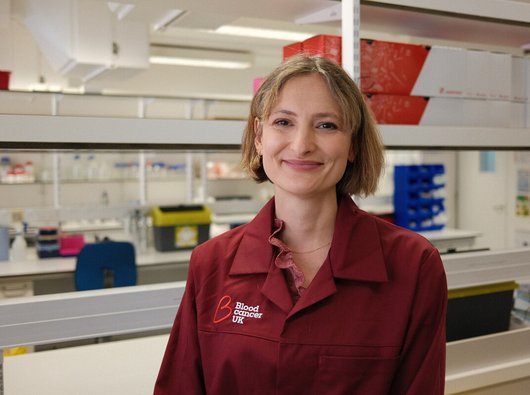
Keep in touch with us
Stay tuned on what impact we're having and find out ways to get involved with our work.
We will keep you updated about our work and the ways you can help, including campaigns and events. We promise to respect your privacy and we will never sell or swap your details.

